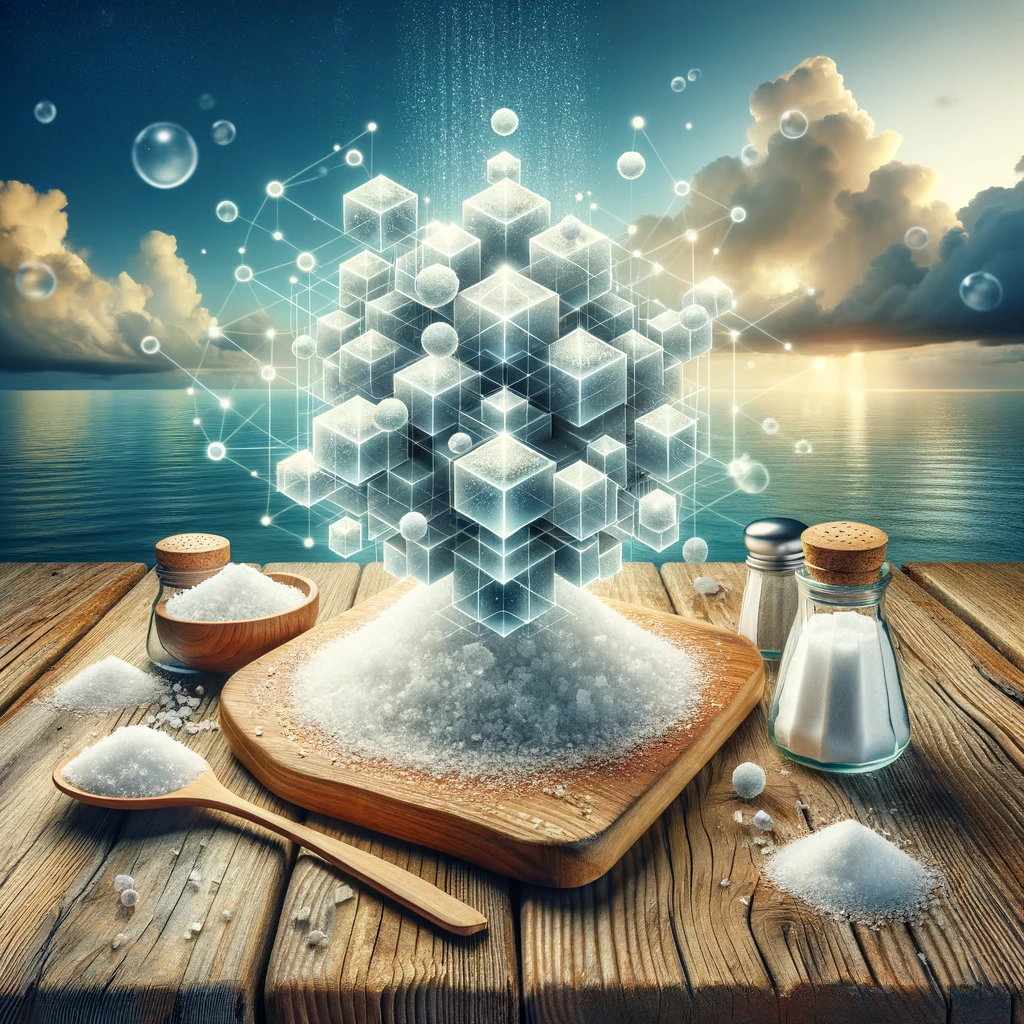Sodium Chloride (NaCl): The Ubiquitous Compound
Sodium chloride, commonly known as table salt, is one of the most well-known and widely used compounds. Composed of sodium and chlorine atoms in a 1:1 ratio, this simple compound plays a critical role in various aspects of life and industry. This post explores the properties, uses, and significance of sodium chloride.
Essential for Life
Sodium chloride is crucial for the biological functions of many organisms. In humans, it helps regulate fluid balance, nerve transmission, and muscle function. Its presence in the oceans contributes to the salinity essential for marine ecosystems.
Culinary and Preservation Uses
- Seasoning: Sodium chloride is a fundamental seasoning, enhancing the flavor of foods across various cuisines.
- Food Preservation: Historically and presently, salt has been used to preserve food, inhibiting the growth of bacteria.
Industrial and Medical Applications
- Chemical Industry: It’s a key raw material in the production of chlorine, caustic soda, and other chemical compounds.
- Medical Uses: Saline solutions, which are water with dissolved salt, are used in medicine for hydration and wound cleaning.
Environmental and Geographical Impact
Sodium chloride naturally occurs in seawater and mineral deposits. Salt mines and the evaporation of seawater are primary methods of commercial salt production. However, excessive use of road salt for de-icing in colder regions can lead to environmental concerns, such as soil and water pollution.
